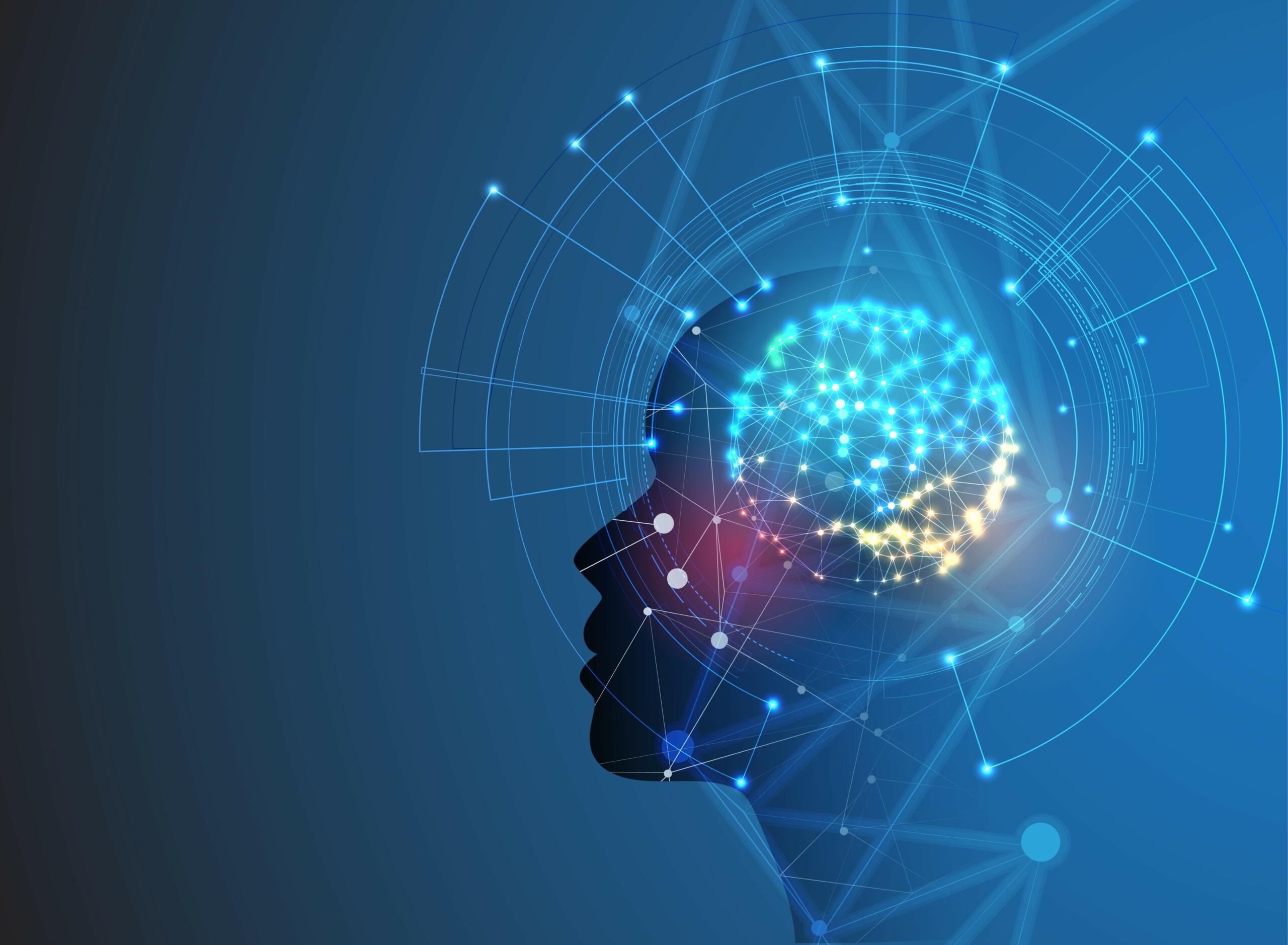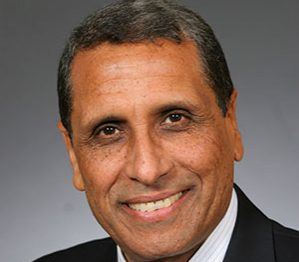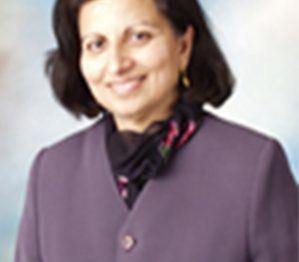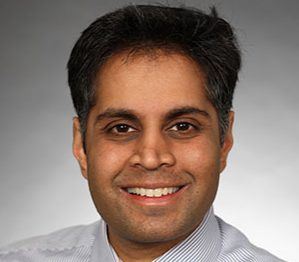If you or someone you love is struggling with behavioral and mental health issues, you should know that effective treatment is available for people of all ages. Appropriate treatment can minimize or eliminate symptoms—enabling you to function at a higher level and significantly enhance your quality of life.
Our team includes a full-time medical director and a nursing director as well as psychiatrists, a PhD-credentialed psychologist, credentialed therapists, psychiatric nurses, a licensed substance abuse counselor, social workers, and activity and occupational therapists. Together, they provide compassionate and effective individual care for our patients.
24-HOUR CRISIS HOTLINE: 732-780-6023
COMPREHENSIVE BEHAVIORAL HEALTH SERVICES
CentraState Medical Center provides the following comprehensive behavioral health services administered by specially trained, compassionate staff:

CentraState’s psychiatric emergency services can provide immediate assessment, supportive crisis counseling, education, and referrals. Anxiety, depression, substance abuse, domestic violence, and chronic mental health conditions are some of the issues addressed by our professional staff through CentraState’s 24-hour emergency crisis hotline and on site at the medical center’s emergency department.
Accessing our Crisis Hotline
Help is just a phone call away through our 24-hour crisis hotline at 732-780-6023.
Patients or family members who call the crisis hotline speak with a counselor—an experienced, specially trained social worker—who listens to concerns, assesses needs, and offers suggestions and appropriate referrals, possibly eliminating the need for admission to the emergency department.
If the counselor recommends a more extensive assessment at CentraState’s emergency department, patients receive a thorough physical, mental, and psychosocial evaluation performed by certified behavioral health staff.
Following the assessment, a treatment plan is created with active input from the individual and/or family. After-care support from the crisis team helps facilitate placement and treatment goals. Emergency psychiatric services at CentraState can assist with appointments, intermediary care, and appropriate referrals for patients discharged to outpatient programs.

CentraState Medical Center provides inpatient behavioral health services on a secure unit that is fully staffed and equipped to treat a wide range of psychological, emotional, and behavioral problems in individuals ages 18 and older. Treatment focuses on the unique medical, psychological, cognitive, neurological, and occupational needs of each patient.
Inpatient care may be appropriate for patients who present a danger to themselves or others or whose condition has rendered them unable to care for themselves. The goals of inpatient care are to stabilize the acute emotional and psychological issues that led to hospital admission, and to improve coping skills, socialization, self-care, and daily functioning.
A Multidisciplinary Approach
The multidisciplinary inpatient treatment team includes board-certified psychiatrists, a medical director, a PhD-credentialed psychologist, psychiatric nurses, certified therapists, social workers, and activity and occupational therapists. Together they create a comprehensive, personalized treatment plan for each patient—simultaneously addressing psychological, biological, social, and medical concerns to bring about the best outcomes. Psychiatrists provide in-depth evaluations 24 hours a day, seven days a week to monitor progress in response to ongoing treatment.
Treatment includes daily visits with the psychiatrist, any required follow-up with medical doctors, group psychotherapy, activity and recreational therapy, marital and family therapy, and substance abuse evaluation, counseling, and education. Dietary counseling and treatment for substance-withdrawal are provided when appropriate. Pastoral care is also available for members of all religious faiths.
Assessing Progress
Patients meet with the treatment team within 24 hours of admission to develop the treatment plan, and then regularly to assess and promote progress. The team also keeps the patient’s other health care providers informed about treatment progress.
With patient permission, family members are encouraged to participate in the care plan. Family therapy is available and free education and support is provided to family members of inpatients and those who have been recently discharged.
Discharge
When inpatients are ready for discharge, we support successful after-care by providing appropriate outpatient follow-up. This includes referrals to any necessary outpatient services and connection to a wide range of community resources, such as social services, behavioral health agencies, and private psychiatrists and therapists.
ELECTROCONVULSIVE THERAPY (ECT)

It’s estimated that more than 40 million Americans suffer from depression. Many see therapists and take medication. But for those with severe depression episodes—as well as conditions like severe mania, bipolar disorders, and psychosis— electroconvulsive therapy (ECT) can be an effective treatment option, especially when medication has not been effective.





